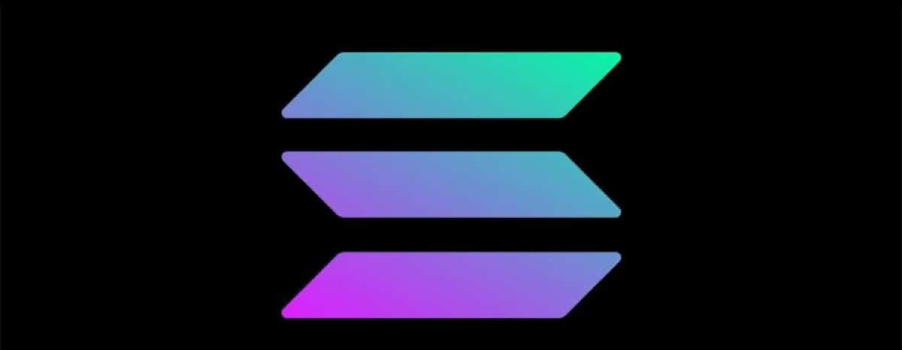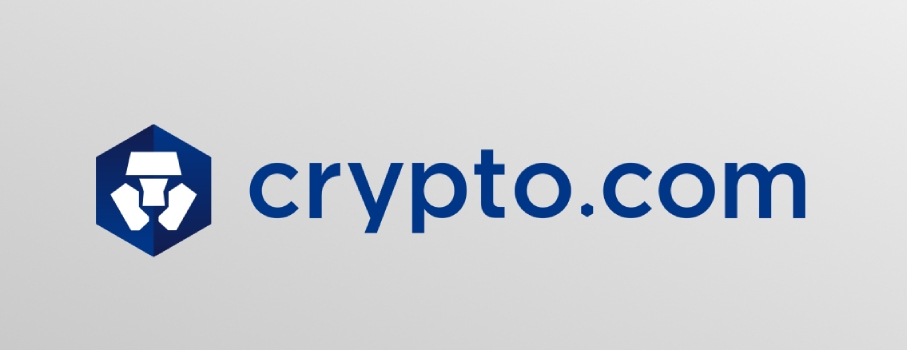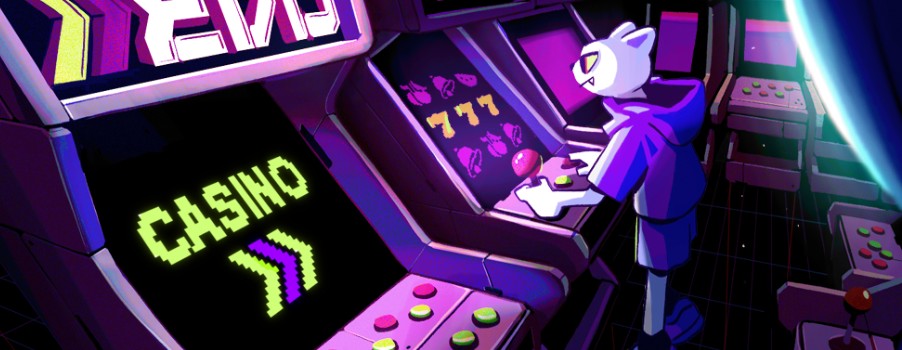Blockchain networks vying for widespread adoption are increasingly focusing on regulatory certainty as the cryptocurrency industry expands. To stay ahead of the curve, renowned blockchain platform Solana recently unveiled the Solana Policy Institute (SPI). The goal of this forward-looking approach is to bring together lawmakers and the digital asset ecosystem to promote a legislative framework that is both structured and innovative, while also addressing issues of compliance.
Already, it is clear that creating the SPI changes how blockchain networks interact with authorities. Instead of sitting on their hands and letting legislative choices determine their fate, Solana is taking the initiative to shape the discussion around digital banking. For industries like Web3 gambling and cryptocurrency casinos, where regulatory ambiguity has been a factor of both opportunities and risks, acting now is especially important.
Miller Whitehouse-Levine, a well-known proponent of cryptocurrency policy, heads the SPI. Under his direction, the legislative branch will learn about blockchain’s technical and economic benefits while getting answers to their questions regarding decentralization, security, and compliance.
Where Does This Put Crypto Casinos?
The timing of Solana’s regulatory push is critical. Governments worldwide are cracking down on unregulated digital assets, with U.S. states like Michigan and Mississippi targeting offshore gaming platforms through new legislation. At the same time, former President Donald Trump recently announced a Crypto Strategic Reserve that includes Solana’s native token, SOL, reinforcing the idea that digital assets are becoming an integral part of financial strategy.
Solana’s growing institutional adoption further strengthens its case for regulatory acceptance. Major financial firms, including BlackRock and Fidelity, have taken steps to integrate Solana into their investment portfolios. BlackRock’s USD Institutional Digital Liquidity Fund (BUIDL) is already operational on the blockchain, and Fidelity has applied for a Solana ETF. These moves highlight the increasing demand for regulated, blockchain-based financial products. This is a trend that could extend to online gambling and casino platforms using Solana’s infrastructure.
Moreover, crypto casinos have long faced scrutiny over their legitimacy, particularly when operating in legal gray areas. The SPI’s push for clear regulatory guidelines could provide much-needed stability, allowing licensed crypto casinos to offer Solana-powered games and payment systems without concerns about compliance risks.
In fact, a regulated Solana environment is great news for emerging crypto casinos since it will lead to quicker transactions, lower costs, and more confidence amongst players and operators. There may be a dramatic increase in the use of blockchain technology in online casinos as a result of the SPI’s attempts to provide transparent compliance paths, which may entice established gaming enterprises to use the technology.









